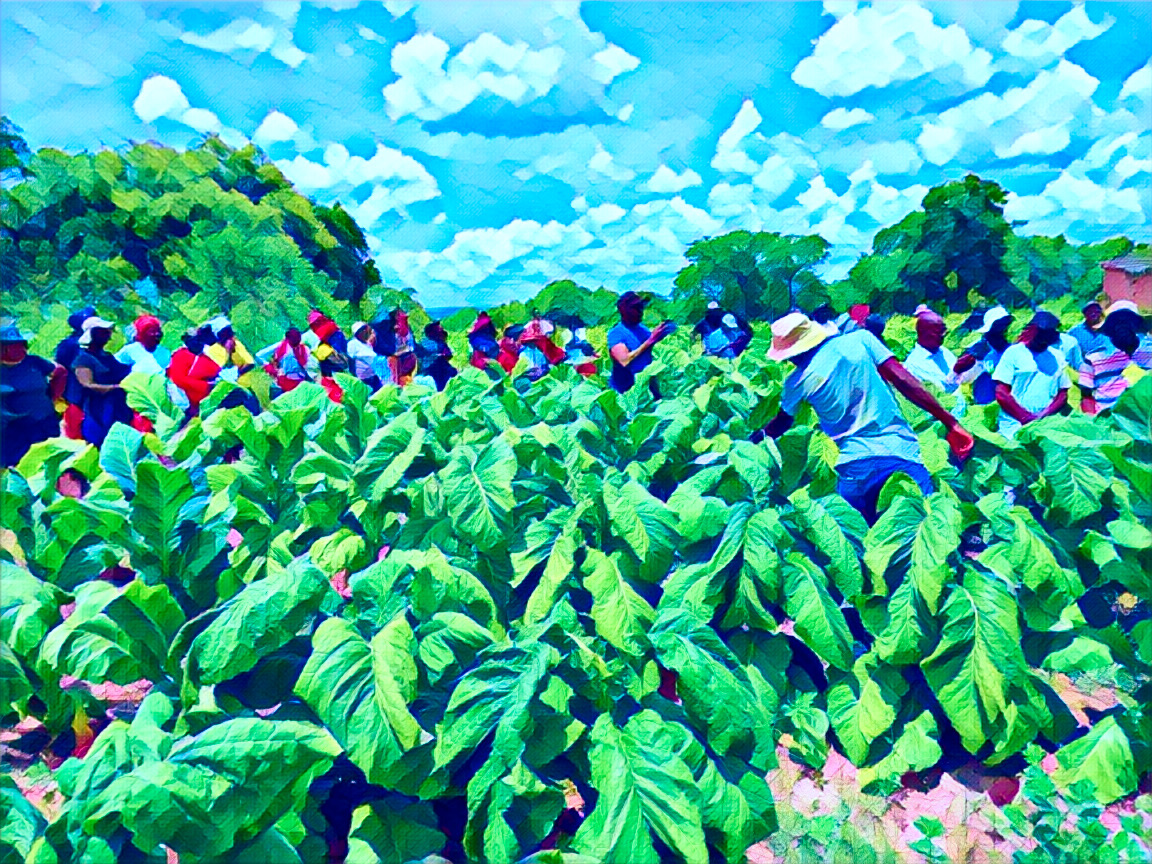KEY POINTS
- Indigenous tobacco policy gains support from growers.
- Small-scale farmers demand seats on the TIMB board.
- The sector underperforms despite its fifth-place global ranking.
Small-scale tobacco growers in Zimbabwe are stepping up calls for a dedicated indigenous tobacco policy, as debates over the sector’s future intensify.
Speaking at a recent conference in Harare, the Zimbabwe Progressive Tobacco Growers Association urged the government to implement reforms that center the voices and interests of local producers.
Association president Mtandwa Mutasa said the current policy environment excludes indigenous professionals from key decision-making areas like marketing and finance, limiting long-term industry knowledge and empowerment.
Indigenous tobacco policy gains momentum
Mutasa said his association is advocating for deliberate inclusion of Zimbabwean talent across the entire value chain. He believes rebalancing the sector is long overdue.
“We’re concerned that strategic industry roles remain in the hands of foreigners,” Mutasa said. “That stifles knowledge transfer and reinforces old hierarchies. We need legislation that recognizes indigenous growers as equal stakeholders.”
The appeal comes as Zimbabwe revises the Tobacco Industry Act, which governs a sector contributing over $1 billion annually to the economy.
Small growers want board representation and support
Mutasa also called for small-scale farmers, who produce more than 80 percent of the country’s tobacco, to be granted seats on the Tobacco Industry and Marketing Board (TIMB).
Moreover, he proposed that the government create dedicated funding and buyback guarantees tailored to these farmers and emerging local businesses. Such measures, he said, would help level the playing field against dominant multinational players.
The tobacco sector underperforms despite global rank
Opening the conference, TIMB CEO Emmanuel Matsvaire said Zimbabwe ranks fifth globally in tobacco production, powered by over 140,000 active farmers.
But despite the sector’s headline growth, only 10.15 percent of the crop saw value addition in 2024—up marginally from 8.8 percent the previous year. Local factories can process 17 billion sticks annually but are currently producing less than a quarter of that capacity.
“Our focus must shift beyond growing the golden leaf,” Matsvaire said. “We need to extract full value, from residue to finished products, and strengthen the entire value chain.”
He also highlighted Zimbabwe’s edge as the only African country with a nicotine extraction plant, presenting opportunities in waste conversion and organic fertilizer production.
“This is the moment to collaborate, innovate, and invest—not just in the crop, but in Zimbabwe’s place on the global value map,” he said.


